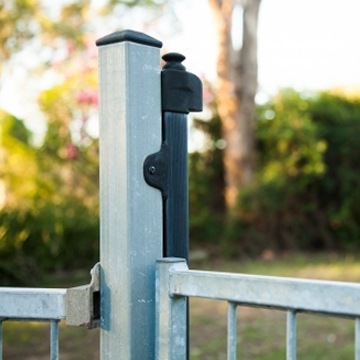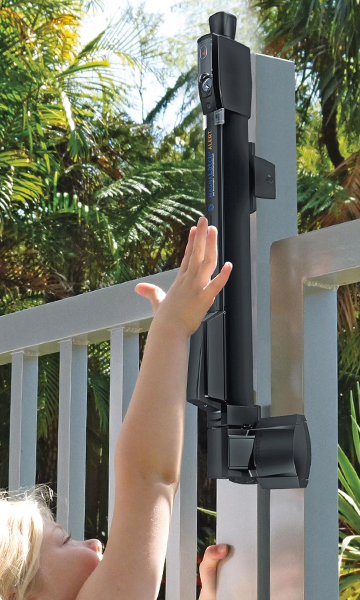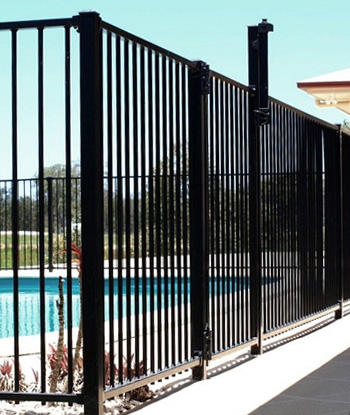Pool Gates: Compliance, Types & Maintenance – A Guide by Northside Fencing
When it comes to pool safety, one of the crucial elements that demand attention is pool gates. At Northside Fencing, we understand the paramount importance of adhering to pool fencing legislation while providing top-notch solutions for our clients. As experts in the manufacture and installation of pool gates, we wanted to cover their legal requirements in Queensland, types of pool gates, essential locking mechanisms and our specialised repair and replacement services.



